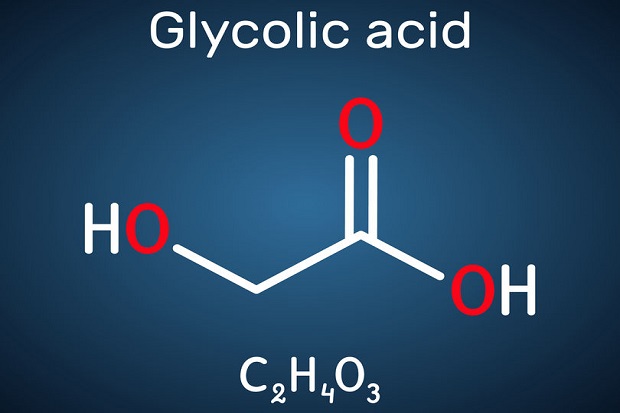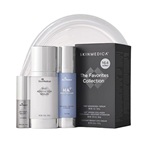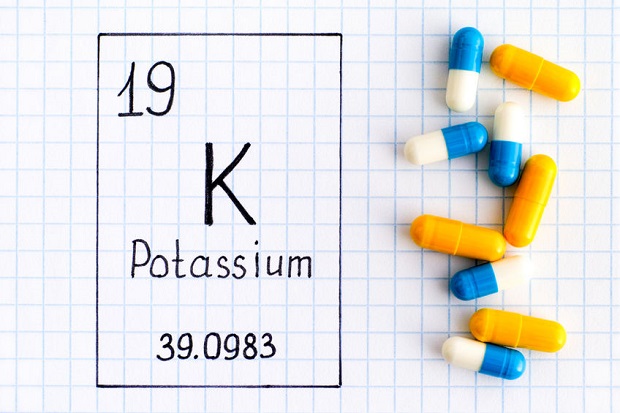
How Often Should You Get a Chemical Peel?
How often you need to get a chemical peel depends on the type. Chemical peels are divided into three categories: superficial, medium, and deep. Each utilizes different chemicals, penetrates different skin layers, and requires repeated treatments at varying intervals.
Chemical Peel Frequency at a Glance
Below is a quick reference to how often you can get a chemical peel based on repeating the procedure until the desired results are reached for the condition targeted.
- Superficial peel: Every 2-5 weeks
- Moderate peel: Every 4-6 weeks
- Deep peel: Results are generally achieved with one treatment
Superficial or Light Chemical Peels

Superficial chemical peels remove only the epidermis, the outer surface layer of the skin. These peels treat fine lines, age spots, skin discoloration, and dryness. The procedure may cause slight discomfort but heals quickly.
Agents Used: Combinations of alpha hydroxy acids and beta-hydroxy acids.
Who Can Perform the Procedure: As skin care experts, dermatologists and dermatologic surgeons are the obvious choices for any chemical peel. However, these doctors are not the only professionals who can perform the procedure. Who can perform a light chemical peel varies from state to state. Many state licensing boards allow licensed estheticians to perform a light chemical peel.
For example, estheticians licensed in Massachusetts cannot perform chemical peels that involve Phenol, TCA, or Jessner’s Solution. However, they can perform light peels using glycolic, lactic, and citric acids in concentrations that do not exceed 30% with a pH lower than 3. In addition, licensed estheticians can use peels that involve beta hydroxy acids in concentrations that do not exceed 2%.
Frequency: Initial results are subtle but increase with repeated procedures. You can have a superficial peel every two to five weeks.
Moderate or Medium Chemical Peels
Medium peels penetrate both the epidermis and the upper portion of the dermis, the skin’s middle layer. The results are more dramatic than with a superficial peel. Professionals use a medium peel to treat deep wrinkles, acne, acne scars, and uneven skin pigmentation.
Agents Commonly Used: TCA, Jessner’s solution, and glycolic acid.
Who Can Perform the Procedure: As with the light chemical peel, dermatologists and dermatologic surgeons are the best choices for any chemical peel. As mentioned, licensing restrictions vary from state to state. Some states allow licensed estheticians to perform a moderate chemical peel.
For example, estheticians licensed in Washington state can perform superficial and light chemical peels. In addition, master-licensed estheticians can perform moderate or medium chemical peels.
Frequency: Once every four to six weeks until you are satisfied with the results.
Deep Chemical Peels
The deep chemical peel requires a chemical called phenol, which is highly effective at penetrating down to the lower portion of the dermis. The Phenol peel is used to treat deep wrinkles, scars, uneven skin pigmentation, and precancerous growths.
Agents Commonly Used: Phenol
Who Can Perform the Procedure: Due to the aggressive nature and layers of skin involved in a deep chemical peel, only licensed physicians can perform a deep chemical peel. Again, your best option is to choose a doctor specializing in skin conditions, such as a dermatologist or a dermatologic surgeon.
Frequency: One-shot deal.
Expert Opinion
“Chemical peels can truly retexturize the skin, restore radiance and a youthful appearance. Whether looking for magic or simply the ideal home treatment to maximize your rejuvenation routine, chemical peels are undoubtedly here to stay. Whatever the reason, always follow the directions. Doing so will help get the most from your treatment and minimize problems down the road.”
Audrey Kunin, M.D. “Chemical Peels” Dermadoctor.com
References
- American Society of Plastic Surgeons – What Is a Light Chemical Peel?
- Mayo Clinic – Chemical Peels
- American Society of Plastic Surgeons – Medium Chemical Peel
- American Academy of Dermatology – How Often Can I Have Chemical Peels?
- American Society of Plastic Surgeons – What Is a Deep Chemical Peel?
- American Academy of Dermatology – Chemical Peel FAQs
- Massachusetts State Department of Licensing – Policy Bulletin on Procedures Outside the Scope of Licensure
- Washington State Department of Licensing – The Law Regulating to Cosmetologists, Barbers, Manicurists, Estheticians, and Master Estheticians.
DISCLAIMER: THIS WEBSITE DOES NOT PROVIDE MEDICAL ADVICE
The information, including but not limited to text, graphics, images, and other material on this website, is for informational purposes only. No material on this site is intended to be a substitute for professional medical advice, diagnosis, or treatment. Always seek the advice of your physician or other qualified healthcare providers with any questions you may have regarding a medical condition or treatment before undertaking a new healthcare regimen, and never disregard professional medical advice or delay in seeking it because of something you have read on this or any other website.
Related Products
SkinMedica Favorites Collection








